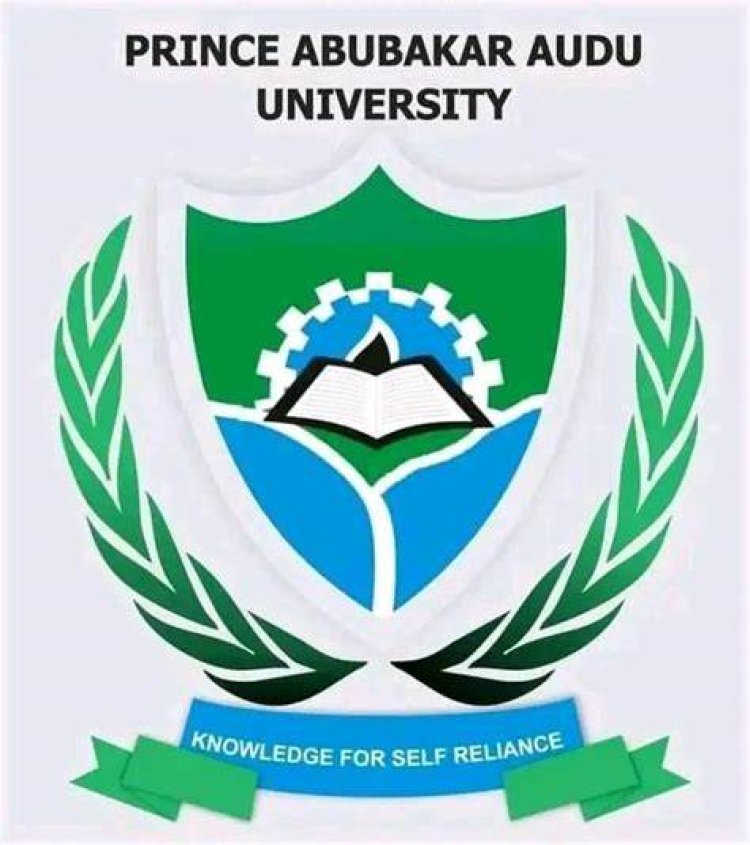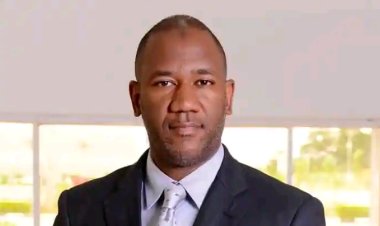PAAU Students React as Kogi Government Enforces Tax Clearance Policy
The Kogi State Government's new requirement for students at Prince Abubakar Audu University (PAAU) to present a Tax Clearance Certificate from their parents or guardians for registration has ignited a wave of mixed reactions among students, raising concerns about its implications for their education.

The Kogi State Government's recent announcement mandating that all students at Prince Abubakar Audu University (PAAU) provide a Tax Clearance Certificate from their parents or guardians as part of the registration process has stirred significant debate among the student community. The requirement, which applies to both new and returning students, is set to take effect for the 2024/2025 academic session.
Comr. Dave Temitope expressed a collective concern, stating, “Another injury to the students again, oh! God have mercy on us.” This sentiment reflects the apprehension shared by many students regarding the financial burden the policy may impose on their families.

Several students took to social media to voice their frustrations and confusion over the new requirement. Comments ranged from acknowledging the policy as standard practice in other states to questioning its fairness, particularly for those whose parents may not have the means to obtain such certificates. One student remarked, “What about those whose parents are not government workers? What will they present?” highlighting the potential difficulties faced by many families.
Another student, Isah Abubakar Ilemona, pointed out that civil servants already have taxes deducted from their salaries, raising questions about how they would comply with the requirement for a Tax Clearance Certificate. Similarly, Umar Faruq Oluwarotimi emphasized that the new policy could disadvantage students whose parents may not have formal employment or reside in rural areas where tax collection is inconsistent.
Some students, like Tobias Raguel Ayokanmi Calix, expressed a more rebellious stance, stating, “When you people kill each and every citizen with tax, we will see what will be left of you and your brainless policies.” This comment underscores a growing discontent with what many perceive as an additional hurdle in their educational journey.
In contrast, other comments reflected a more pragmatic view. SamSam Samuel defended the policy, arguing that tax compliance is essential for good governance, akin to religious obligations. “You want government to perform very well but avoiding payment of tax,” he wrote, calling for a greater understanding of the government's stance on taxation.
Despite the varying opinions, one thing remains clear: the Kogi State Government's mandate has sparked a crucial conversation about the intersection of education, governance, and financial accountability. As students prepare for the upcoming academic session, many are left contemplating the implications of this policy on their educational aspirations and the broader context of tax compliance in Nigeria.
The university has advised students to start preparing the necessary documents to ensure a smooth registration process, emphasizing that the policy will be strictly enforced.
Follow Myschoolnews.ng for more news reports.

 Mary Nwaeze
Mary Nwaeze 



